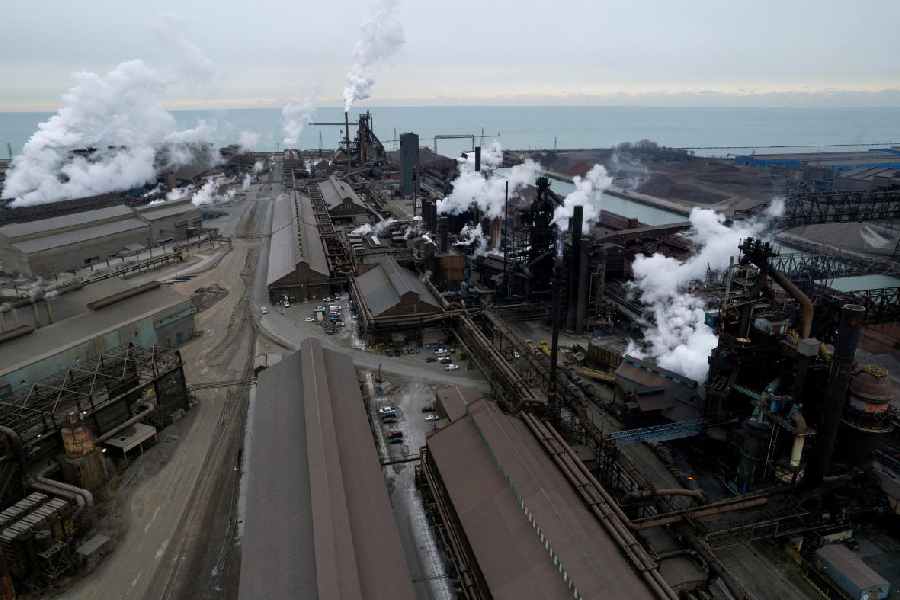President Biden blocked the $14 billion takeover of US Steel by Nippon Steel of Japan in an announcement on Friday based on grounds that the sale posed a threat to national security.
The decision was an extraordinary use of executive power, particularly for a president who is just weeks from leaving office. It is also a departure from America’s long-established culture of open investment, one that could have wide-ranging implications for the US economy. Although the politics of the move were clear, Biden emphasised that he was acting to protect national security.
“It is my solemn responsibility as president to ensure that, now and long into the future, America has a strong domestically owned and operated steel industry that can continue to power our national sources of strength at home and abroad,” Biden said in a statement on Friday morning.
“And it is a fulfilment of that responsibility to block foreign ownership of this vital American company.”
Biden’s move to stop the transaction could cause foreign investors to rethink the wisdom of acquiring American firms in sensitive industries that are based in politically important states. It could also roil relations with Japan, a close ally of the United States and one of America’s largest sources of foreign investment.
The president’s decision to block the deal came after a federal committee reviewing the transaction opted to not make a formal recommendation about whether the takeover should be allowed to proceed, according to letters sent to the companies and the White House last month.
The Committee of Foreign Investment in the United States, which is made up of agencies including the departments of Treasury and Justice, expressed reservations about the deal to the companies in a letter last month.
CFIUS voiced concerns that the transaction could pose a national security threat to the United States by potentially leading to a decline in American steel production. The officials suggested that Nippon’s other global business considerations could in the future outweigh its pledges to invest in US Steel.
The lack of a formal recommendation cleared the way for Biden, barring an unexpected change of heart, to end a transaction that became ensnared in election-year politics.
“This acquisition would place one of America’s largest steel producers under foreign control and create risk forour national security and our critical supply chains,”Biden said, pointing to the concerns that the committee highlighted.
New York Times News Service











